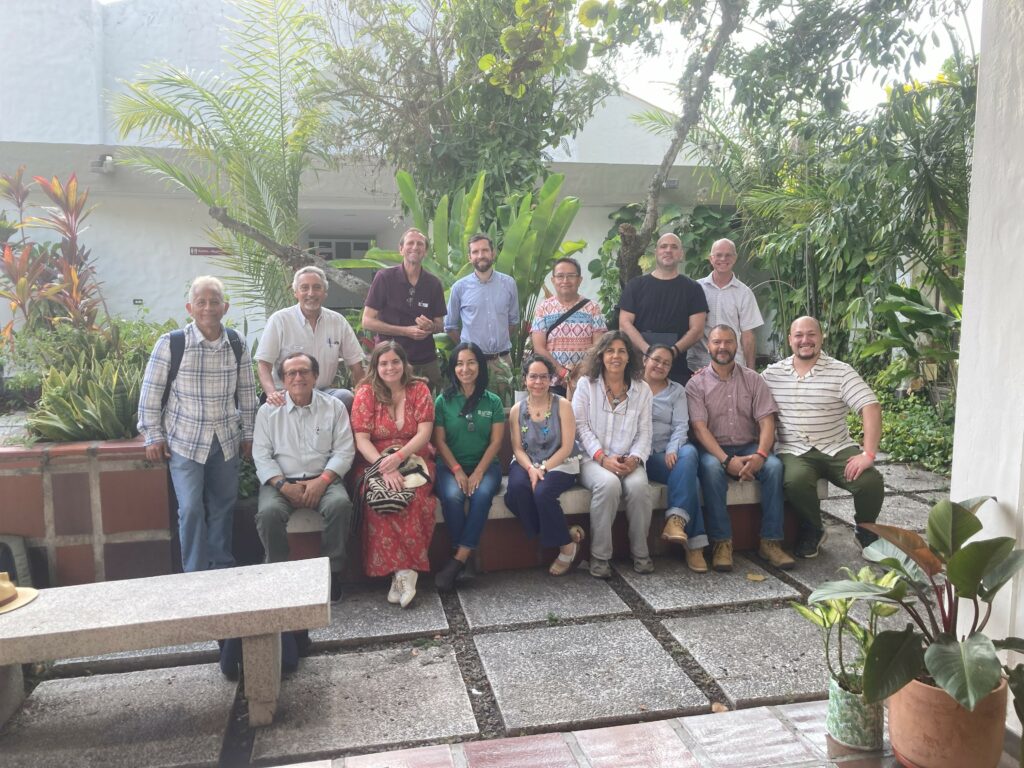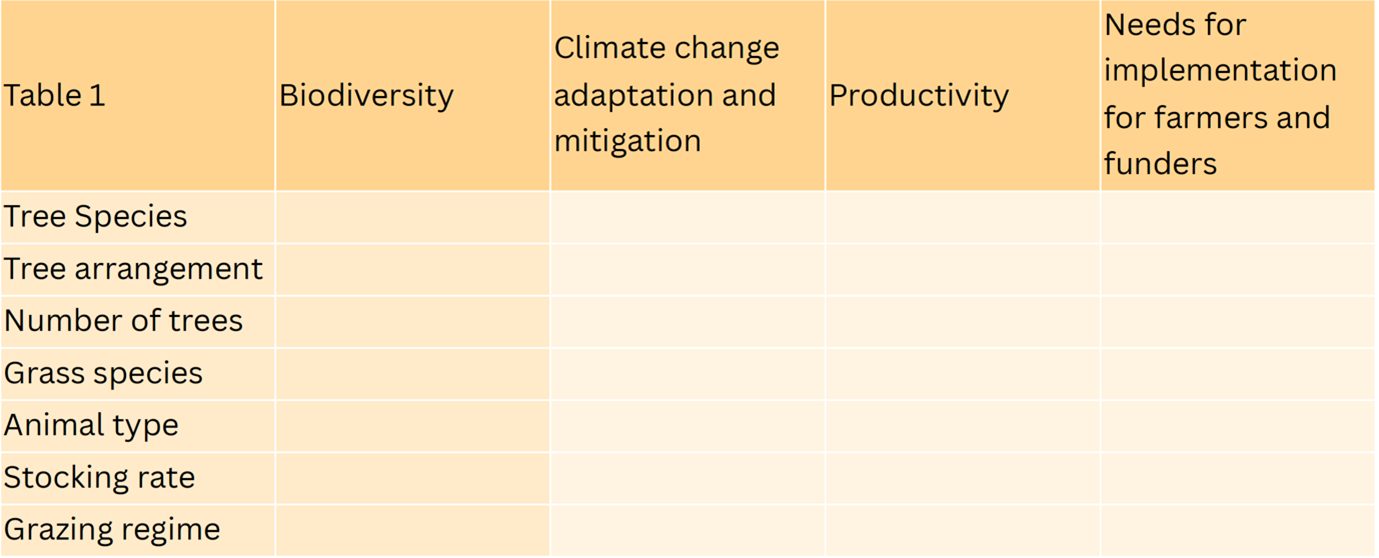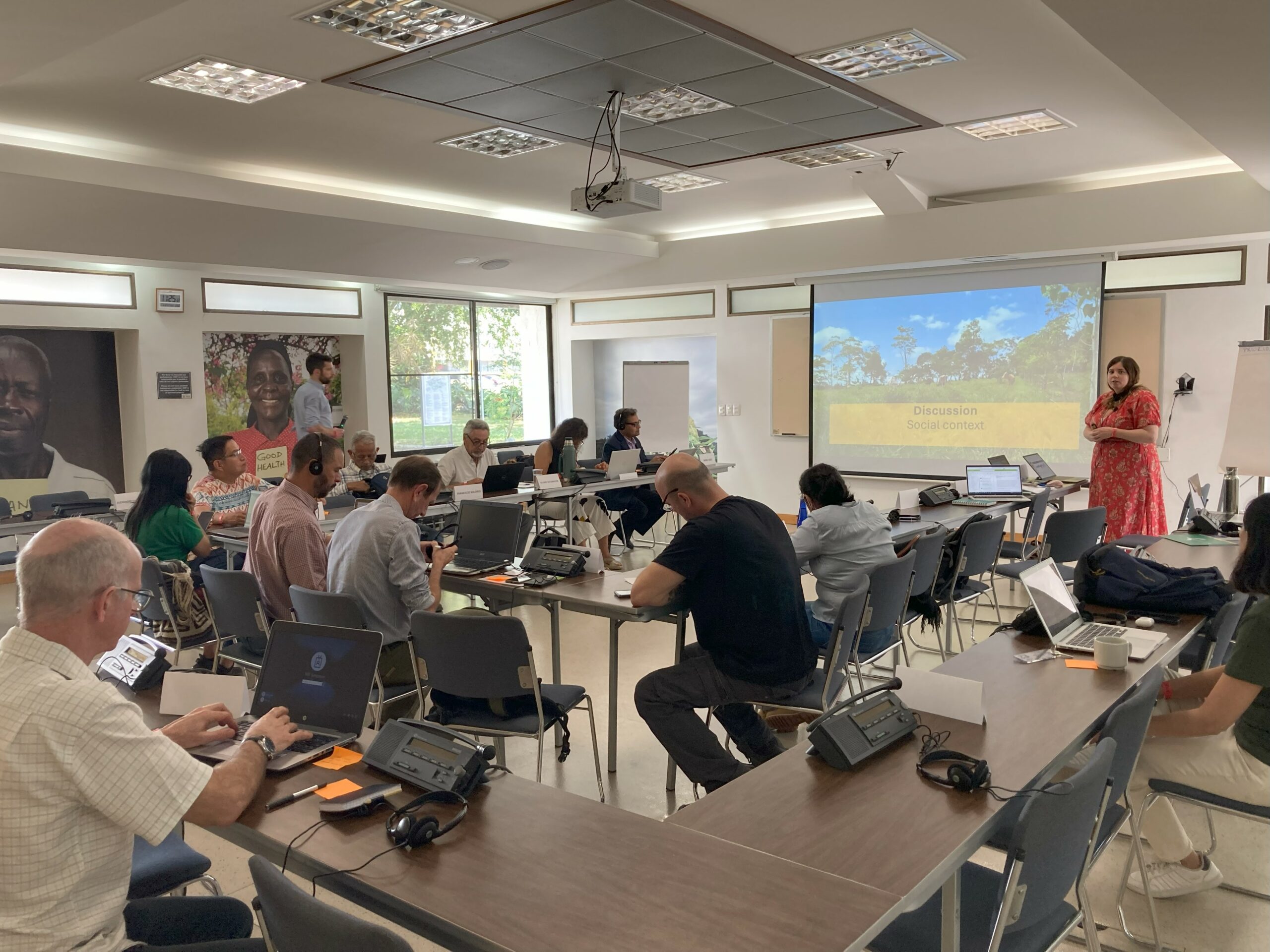Academic publications on silvopastoral farming systems have been increasing at a steady pace since the 1990s. A quick search revealed 526 from 1990 to 1999; 1680 from 2000 to 2009; 4900 from 2010 to 2019 and 2740 from 2020 to today. Global South scholars, particularly from Latin America have been driving this surge so for our Phase IV funding we set out to tap on this expertise to develop the foundations for a tool to support decision-making in the funding, design, promotion and/or implementation of silvopastoral projects.

The tool would satisfy the need these stakeholders have when trying to use SPS to achieve a particular outcome. Silvopastoral livestock farming systems have been shown to be effective tools for improving the sustainability of livestock farming. They have environmental benefits that range from carbon capture, soil regeneration, facilitating adaptation to climate change and supporting forest, biodiversity and ecosystem conservation. Their societal benefits include more sustainable and improved livelihoods for farmers due to increased productivity as animals benefit from improved nutrition and welfare. Our participant farmers in the Amazon also reported cultural and emotional benefits from witnessing the return of birds and monkeys to their farms. But which outcome to pursue varies with the challenges for each location and project designers don’t always know what silvo-pasture system to establish to achieve different outcomes and this is the need we aimed to satisfy with the workshop we organised in Cali with 14 international experts.
Under Lois’ leadership, we designed a two-day workshop for the experts to use a scoring exercise to quantify the impact of 14 SPS variables on 17 specific outcomes, all grouped under umbrella headlines as shown in the table below.

We are now analysing the results of the exercise, which we plan to bring to decision-makers in Latin America and in the UK, where interest in SPS as an option to reconcile the tension between farming livelihoods and conservation, so watch this space! You can see the experts working hard and then relaxing for a photograph after all the work was completed.

